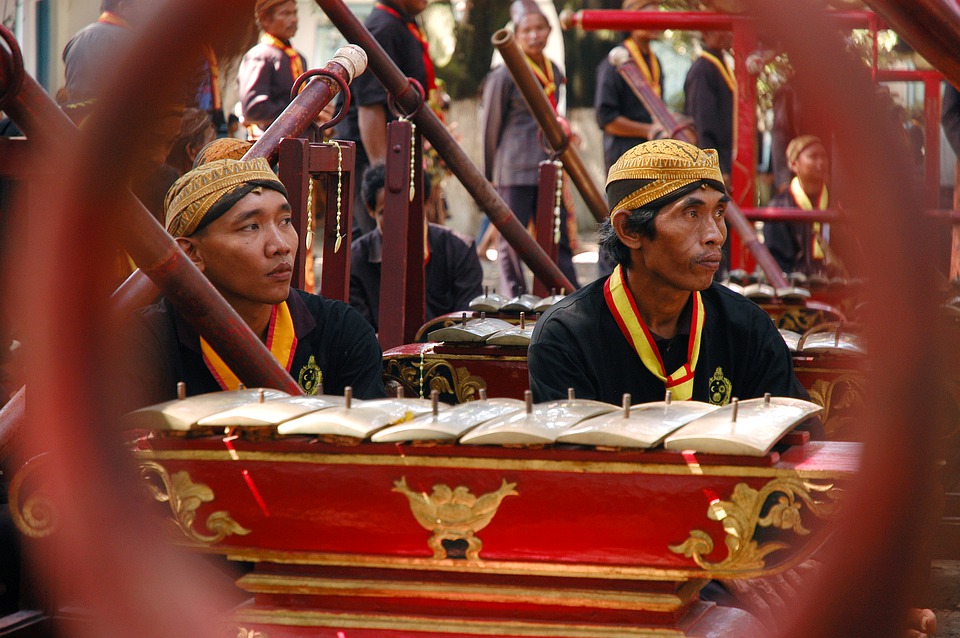The History of Teruel’s Festividad de la Vaquilla en Honor a Santa Agueda
Teruel, a city in the Aragon region of Spain, is known for its rich cultural heritage and traditional festivals. One of the most important and unique celebrations in Teruel is the Festividad de la Vaquilla en Honor a Santa Agueda, which takes place every year in early February.
The festival has its roots in the Middle Ages when Teruel was a thriving agricultural community. During this time, farmers would bring their cattle to the city to sell and trade. To honor the patron saint of Teruel, Santa Agueda, a procession of dancers and musicians would parade through the streets with a decorated bull’s head on a pole.
Over the centuries, the festival has evolved into a vibrant and colorful celebration that includes music, dance, food, and various cultural events. The highlight of the festival is the running of the bulls, where young men and women dressed in traditional costumes lead a group of bulls through the streets of Teruel.
The Symbolism of the Festival
The Festividad de la Vaquilla en Honor a Santa Agueda holds a deep cultural significance for the people of Teruel. The festival is a symbol of unity, community spirit, and reverence for tradition. It brings together people from all walks of life to celebrate their shared heritage and honor their patron saint.
The running of the bulls is a key element of the festival and is believed to bring good luck and prosperity to the city. The brave individuals who lead the bulls are seen as heroes, embodying the spirit of Teruel and the strength of its people.
The decorated bull’s head that is carried through the streets symbolizes fertility, abundance, and protection. It is a sacred object that is believed to bring blessings to the city and its inhabitants. The procession of dancers and musicians represents the harmony and joy of the community, as they come together to celebrate their cultural traditions.
Traditions and Customs
The Festividad de la Vaquilla en Honor a Santa Agueda is steeped in traditions and customs that have been passed down through generations. One of the most important customs is the wearing of traditional costumes, which vary depending on the role of the participant.
Young men and women who lead the bulls wear brightly colored costumes adorned with ribbons and bells. They carry wooden sticks and wave handkerchiefs as they run alongside the bulls. The sound of the bells and the sight of the dancers create a festive atmosphere that is both exhilarating and awe-inspiring.
Another important tradition is the making of traditional foods and beverages that are shared among festival-goers. Local delicacies such as chorizo, morcilla, and migas are prepared and enjoyed by all, adding to the sense of community and camaraderie.
The festival also includes music and dance performances that showcase the talent and creativity of the people of Teruel. Traditional folk songs and dances are performed throughout the city, filling the streets with music and laughter.
The Impact of the Festival on Teruel’s Cultural Identity
The Festividad de la Vaquilla en Honor a Santa Agueda plays a crucial role in shaping the cultural identity of Teruel. The festival is a source of pride and joy for the people of the city, who value their heritage and traditions.
The festival brings together individuals from all walks of life, fostering a sense of unity and community spirit. It is a time for people to come together, to celebrate their shared history, and to honor their patron saint.
The running of the bulls is a unique and thrilling spectacle that attracts visitors from all over Spain and beyond. The festival has become a symbol of Teruel’s cultural richness and vibrancy, drawing attention to the city’s unique customs and traditions.
In conclusion, the Festividad de la Vaquilla en Honor a Santa Agueda is a treasured tradition that holds immense cultural significance for the people of Teruel. The festival embodies the spirit of unity, community, and tradition, serving as a reminder of the city’s rich cultural heritage. Through its customs, rituals, and celebrations, the festival continues to shape the cultural identity of Teruel and bring joy and meaning to its inhabitants.
